S.C. Dube’s classic work The Kamar was written at a crucial juncture in Indian history – the end of colonial rule and the arrival of Indian independence. It is an important ethnography of an exploited and marginalized tribe in transition and a formative text in the history of Indian anthropology. Based on careful fieldwork and enlivened by ethnographic sensitivity related to the author’s long familiarity with region and subject, and study presents a pioneering portrait of the Kamar, an adivasi community of hunter-gatherers and shifting-cultivators of Chattisgarh and Orissa. Combining brevity of style, economy of expression, and simplicity of structure, in the book, Dube discusses key themes in anthropology and sociology: economic life, social organization, and customary law, myth, legend, and ritual; religion, magic and witchcraft; and questions of ‘cultural contact’ and ‘tribal adjustment’. Nandini Sundar’s extensive introduction situates Dube and his work in the current preoccupations of the discipline. Leela Dube, in a preface to the new edition talks about the writing of The Kamar. The original text written in 1951 has been reproduced here including photographs, maps and illustrations, along with a foreword by Christoph Von Furer-Haimendorf. Given its status as a major classic in Indian sociology and social anthropology, The Kamar should be required reading for those interested in social policy toward tribal communities, the development of sociology and anthropology, and the links between the social sciences and nation-building in India. It will be useful for university students in sociology, social anthropology, and development studies and is critical for anthropologists and historians working on the colonial and post-colonial periods.
The Kamar
$27.00
$30.00

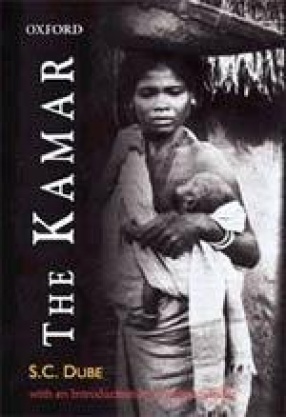
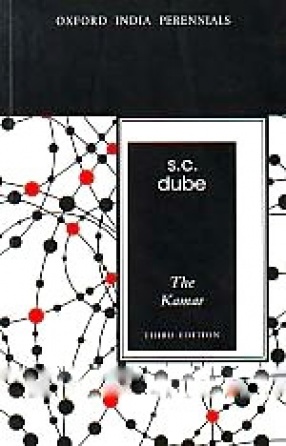
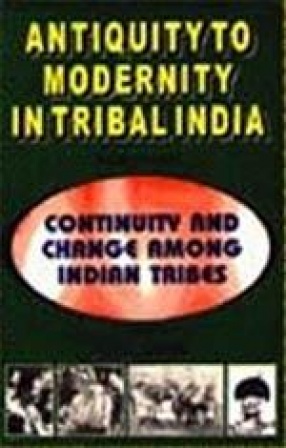

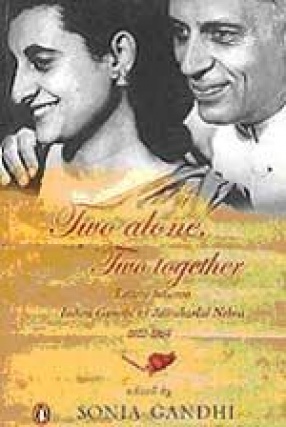
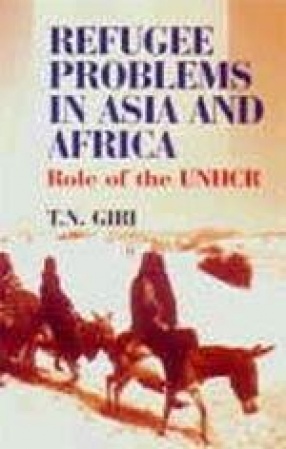
There are no reviews yet.